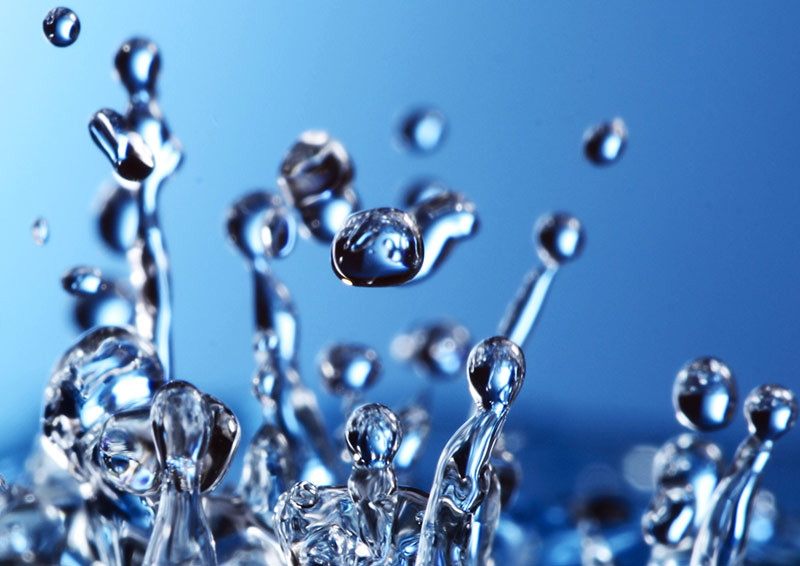Water engineer
The term ‘engineer’ is a very broad one, covering a wide range of disciplines that use the sciences and mathematics to develop solutions for technical applications.
Water engineers develop solutions in relation to water, its use, risks and infrastructure. Water engineers might work in the following areas:
- River engineering.
- Water utility and network design.
- Waterfront development.
- Marine and coastal engineering.
- Water resource management.
- Flood risk management.
- Erosion control.
- Maintaining access to potable water and sanitation.
- Hydroelectricity.
- Infrastructure design, protection and maintenance.
- Support for industries that use water.
- Ice hydraulics.
- Climate change.
They might undertake a range of specialist roles to enable water to be effectively managed, such as:
- Hydraulic modelling – using computational software to model water flows in a river, coastal or glacial environment.
- Water treatment – dealing in aerobic and anaerobic biological and chemical characteristics and determining the equipment required to purify water so it can be used for irrigation, human consumption and so on.
- Network modelling - Analysing how water is collected and distributed.
Water engineers should have a passion for understanding where water comes from, what it does in its life cycle, what it can be used for, the constraints it poses and the benefits it can bring. They can help create designs which are:
- Sustainable.
- Appropriate to the location (safe, accessible, resilient).
- Appropriate to current and likely future requirements.
- Sensitive to anticipated shifts in climate.
- Supportive of the local ecology.
The water engineer's role is to present opportunities and risks in a way which enables an informed decision to be made about the most appropriate solutions. This work spans the theoretical and the practical, preparing hypothetical calculations of multiple scenarios. Water engineers think in terms of probability and likelihood, assessing options in terms of their potential success, failure and necessary mitigation measures.
Water engineers may be qualified civil engineers. They may also have water-specific accreditations, such as those offered by the Institute of Water.
[edit] Related articles on Designing Buildings Wiki
- Catchment flood management plans.
- Civil engineer.
- Coastal defences.
- Drainage.
- Engineer.
- Flood and water management act.
- Flood.
- Groundwater.
- Hydrogeology.
- Hydropower.
- Marine energy.
- Public Health Act 1875.
- River engineering.
- SUDS.
- Surface water.
- Sustainable water.
- Thames barrier.
- Tidal lagoon power.
- Water engineering.
- Water resources.
- Water resource planning.
Featured articles and news
Repairing historic stone and slate roofs
The need for a code of practice and technical advice note.
UKCW London to tackle sector’s most pressing issues
AI and skills development, ecology and the environment, policy and planning and more.
Managing building safety risks
Across an existing residential portfolio; a client's perspective.
ECA support for Gate Safe’s Safe School Gates Campaign.
Core construction skills explained
Preparing for a career in construction.
Retrofitting for resilience with the Leicester Resilience Hub
Community-serving facilities, enhanced as support and essential services for climate-related disruptions.
Some of the articles relating to water, here to browse. Any missing?
Recognisable Gothic characters, designed to dramatically spout water away from buildings.
A case study and a warning to would-be developers
Creating four dwellings... after half a century of doing this job, why, oh why, is it so difficult?
Reform of the fire engineering profession
Fire Engineers Advisory Panel: Authoritative Statement, reactions and next steps.
Restoration and renewal of the Palace of Westminster
A complex project of cultural significance from full decant to EMI, opportunities and a potential a way forward.
Apprenticeships and the responsibility we share
Perspectives from the CIOB President as National Apprentice Week comes to a close.
The first line of defence against rain, wind and snow.
Building Safety recap January, 2026
What we missed at the end of last year, and at the start of this.




















